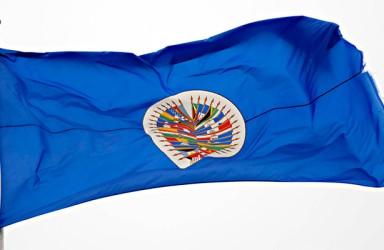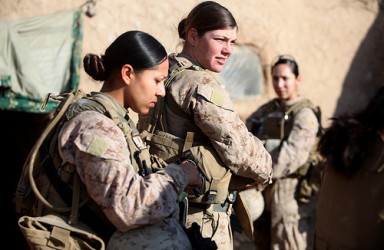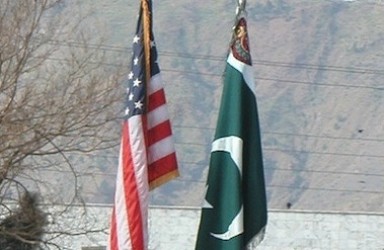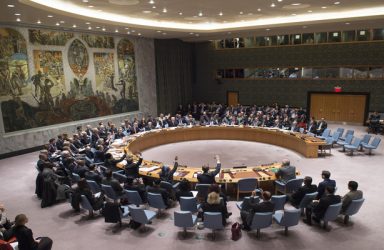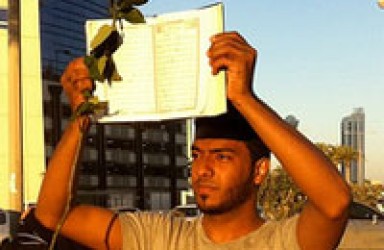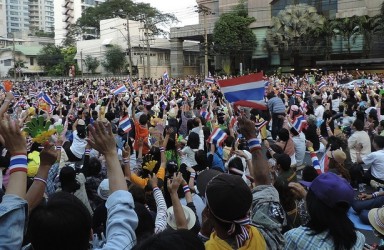The Roller Coaster year: North Korea in 2008
The mantra used to be that North Korea (Democratic People’s Republic of Korea – DPRK) never changed, in contrast to the dynamism of South Korea (Republic of Korea- ROK). This was always a doubtful assertion – change there was but it was slow and often barely perceived because of the DPRK’s skill at concealment. Today, the mantra no longer applies. While some still bemoan the DPRK’s relatively slowness to change, few would now deny that change has been taking place. Unfortunately, from most points of view, it was change in the wrong direction in 2008.
The Truth About Human Terrain Teams: An Evidence-Based Response to Gian Gentile
The lessons to be learnt from HTT’s are important and should be studied because the past decade of war demands nothing less than our best to ensure the same mistakes are not repeated.
The Future of the Organization of American States
Given the complexity of regional politics in Latin America, the success of the OAS depends on its ability to become relevant again.
Women in Combat: Rationale and Implications
The decision to open combat roles to women in the US is historic. Yet, the military may have to reduce its sexual assault and harassment rates before women will take full advantage of these new opportunities.
Memogate Reveals Pakistan’s Hand
Memogate reveals that Pakistan’s politics is as dysfunctional as ever. American policymakers and pundits have become so vehement about Pakistan’s failure to cooperate on counterterrorism that more pressing problems in the country have been overlooked.
Great Power Management: English School Meets Governmentality?
Various non-governmental agencies are identifying the sins of the world while leaving to the states the managerial task of actually addressing the problems.
One Year On: The G20 and Economic Leadership
The economic crisis has brought about a transformation in international governance, signalling a break with the established economic architecture. While at the outset, measures taken appeared in an ad hoc or temporary manner, the decision at the recent Pittsburgh Summit to institutionalize the Group of 20 leaders’ summit reflects a decided shift in economic leadership. New players, new institutions and new issues have moved to the centre of the agenda.
The Persian Gulf Tinderbox
Once again, the Persian Gulf is threatening to become a tinderbox and Bahrain is emerging as ground zero. Saudi Arabia, the Gulf’s preeminent power, is playing the role of antagonist in chief. Riyadh is unnecessarily provoking a stand-off with its long-time nemesis in Tehran and is leading the region into another potential crisis. The tragedy of the current course is that it is entirely avoidable. But the autocrats in the Gulf have made clear that they are willing to use any means necessary to cling to power.
Opinion – International Relations at the End of the Second Elizabethan Age
Elizabeth II was one of international relations’ strongest soft powers – not just in longevity, but also in her subtle influence on the global system.
Thaksin Shinawatra and Thailand’s New Conflict
The conflict between the anti-Thaksin group and his supporters is not ideological, social or ethnic – and yet it has hit the country harder than any other preceding conflicts.


